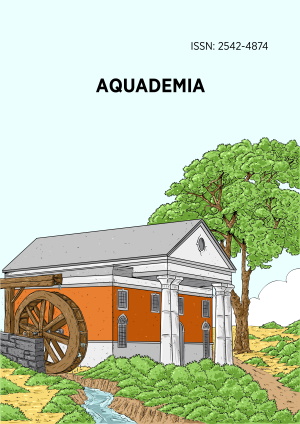Abstract
The novel coronavirus has forced the closure of schools and universities among countries with COVID-19 cases. Such move has reshaped the contour of education by shifting from face-to-face instruction to full online learning or flexible learning. Among the latter modalities of instruction, flexible learning (FL) appears to be the most practical because it lacks restriction of time, place, and pace of study. This study then aimed to explore the effectiveness of FL as an instructional modality in environmental science course following the action research method. In particular, perception on FL and environmental attitudes were evaluated at the end of the course. Results revealed that FL promotes authentic learning, active learning, and student autonomy. In terms of environmental attitudes, there maybe contrasting views in environmental issues presented to them but their views were anchored on their readings suggesting that the students read the course materials even without the presence of the teachers.
License
This is an open access article distributed under the Creative Commons Attribution License which permits unrestricted use, distribution, and reproduction in any medium, provided the original work is properly cited.
Article Type: Research Article
AQUADEMIA, Volume 4, Issue 2, 2020, Article No: ep20024
https://doi.org/10.29333/aquademia/8444
Publication date: 31 Jul 2020
Article Views: 8150
Article Downloads: 7951
Open Access References How to cite this article
 Full Text (PDF)
Full Text (PDF)